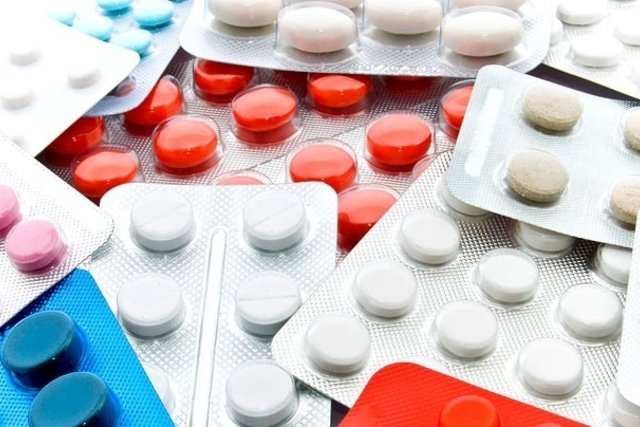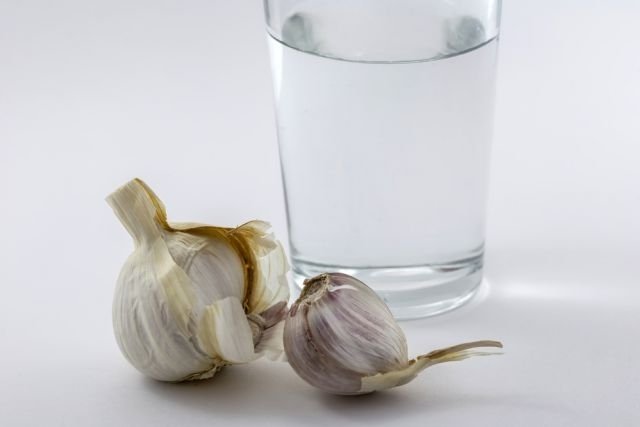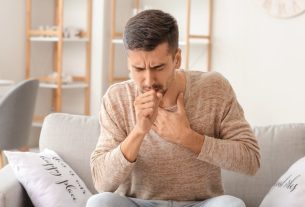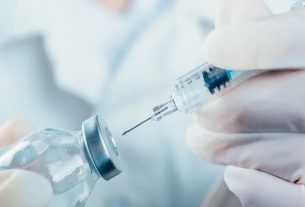Malaria treatment is carried out with antimalarial medicines, which are free and provided by the SUS (Unified Health System). The treatment aims to prevent the development of the parasite and the dose may vary according to the severity of the disease, species of parasite and age and weight of the patient.
Malaria is an infectious disease caused by mosquito bites Anopheles female, which can contain 4 different species of parasites: Plasmodium vivax, Plasmodium ovale, Plasmodium malariae and the Plasmodium falciparum which is responsible for severe and complicated malaria. Learn more about malaria.
When treatment is carried out quickly and correctly, malaria can be cured. However, when treatment is not instituted immediately, the person can develop severe and complicated malaria, especially if they have been bitten by the mosquito that transmits the disease. Plasmodium falciparumwhich can lead to serious complications such as damage to the liver, kidneys and brain or even death.

Main remedies for malaria
Malaria treatment can be done with antimalarial medications that depend on the person’s age and weight, the severity of the symptoms and the type of parasite that caused the malaria.
Medicine for Plasmodium vivax or Plasmodium ovale
The following table indicates the main remedies indicated for the treatment of malaria caused by P. vivax or P. ovale:
The dose of the medication and the therapeutic regimen may vary according to the person’s weight. Therefore, it is important that the pediatrician or general practitioner is consulted so that the best form of treatment can be indicated.
Medicine for Plasmodium falciparum
The following table indicates the main remedies indicated for the treatment of malaria caused by P. falciparum:
The dose of the medication and the therapeutic regimen may vary according to the person’s weight. Therefore, it is important that the pediatrician or general practitioner is consulted so that the best form of treatment can be indicated.
Medicine for Plasmodium malariae
In the case of infection by P. malariae, the use of chloroquine for 3 days is recommended. The dose of the medication and the therapeutic regimen may vary according to the person’s weight. Therefore, it is important that the pediatrician or general practitioner is consulted so that the best form of treatment can be indicated.
Treatment of severe and complicated malaria
Treatment of severe and complicated malaria is usually carried out in the hospital, after it is confirmed that the patient has been infected with malaria. Plasmodium falciparum or Plasmodium vivax, and can be done with intravenous or intramuscular artesunate for 24 hours and until it is possible to take the medication orally.
Signs of improvement and worsening
Signs of improvement appear after starting to use the medications recommended by the doctor. Thus, after a few hours the person feels better, the fever goes down and the headache decreases, with an increase in appetite.
However, when treatment is not carried out correctly or when the dose of the medication is not adequate, signs of worsening may appear, such as persistent fever, increased frequency of symptoms, chills, rigid abdomen, delirium and convulsions. If these symptoms are present, the person must be evaluated again by the doctor to adapt the treatment.
Possible complications
Complications can arise when treatment is not carried out and can include a coma, severe anemia, kidney failure, and heart problems. Greater complications can be seen in case of cerebral malaria, which is the most serious type of this disease.
Bibliography
- MINISTRY OF HEALTH. Malaria. Available at: <https://www.gov.br/saude/pt-br/assuntos/saude-de-aaz/m/malaria>. Accessed on Aug 12, 2022
- MINISTRY OF HEALTH. Malaria treatment guide in Brazil. 20241. Available at: <https://www.gov.br/saude/pt-br/centrais-de-conteudo/publicacoes/publicacoes-svs/malaria/guia_tratamento_malaria_2nov21_isbn_site.pdf/@@download/file/guia_tratamento_malaria_2nov21_isbn_site.pdf> . Accessed on Aug 12, 2022
- LONGO, Dan L.; et al. Harrison’s Internal Medicine: Malaria – Chapter 210. 18.ed. São Paulo: AMGH Editora, 2013. 1688 -1705.

Sign up for our newsletter and stay up to date with exclusive news
that can transform your routine!
Warning: Undefined array key "title" in /home/storelat/public_html/wp-content/plugins/link-whisper-premium/templates/frontend/related-posts.php on line 12
Warning: Undefined array key "title_tag" in /home/storelat/public_html/wp-content/plugins/link-whisper-premium/templates/frontend/related-posts.php on line 13





